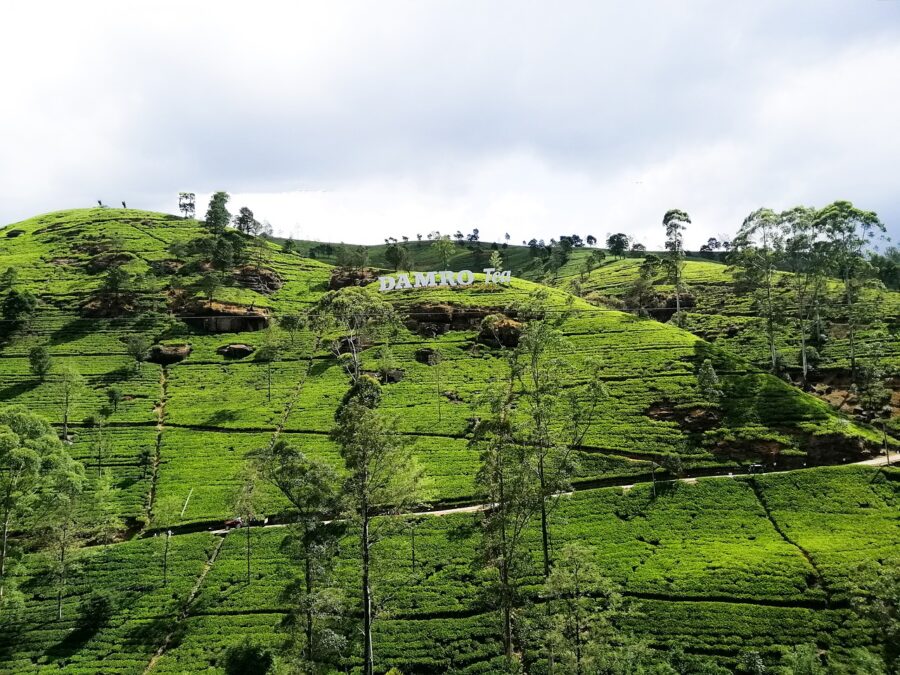The deduction in tax and VAT rates in Sri Lanka presents warning signs for India.
While the civil war in Sri Lanka has concluded, refugees seem to find themselves on Indian shores yet again.
Mahinda Rajapaksa not only slashed tax rates but, in April 2021, also banned the imports of chemical pesticides and fertilizers.
Mahinda also dictated that Sri Lanka turn overnight to organic farming.
Why is Sri Lanka’s agrarian crisis a warning for India?
The Oceania region covers over half of the world’s organically farmed land.
Furthermore, farmers in the Oceania region have access to high-return markets and advanced technologies.
While the Sri Lankan government insists on organic farming, agricultural scientists warn that a shift to organic farming requires years of planning and execution.
Additionally, the Sri Lankan government further ignored the warnings of complete soil re-conditioning to gain organic content.
Moreover, in December 2021, Prime Minister Narendra Modi warned against the “dangers” of chemical fertilizers and pesticides while addressing a national conclave on organic farming.
In addition, Sri Lanka and India do not possess privileges like farmers in the Oceanic region.
Sri Lanka’s agrarian crisis
The sudden shift to organic farming has led Sri Lanka to reduce food grain output sharply.
While the revoked organic farmer decision, farmer compensation amounts to $200 million by the government.
In 2021, Sri Lanka also failed to achieve its fiscal deficit target by over 2%.
Adding to the crisis was a reckless increase in money supply resulting in soaring inflation.
The current inflation is over 15% and might reach 17.5% this quarter, leading more Sri Lankans to poverty.
Furthermore, the sudden ban on chemical pesticides and fertilizers led food prices to soar heights.
Sri Lanka’s government declared an economic emergency last September as a remedy.
The government also imposed stockings of milk powder, sugar, and food.
What are the warning signs for India?
As part of India’s PM’s warning, he also urged Indian farmers to switch to organic farming for protection from climate change.
He urged farmers to use cow dung as fertilizer and said, “we need to take agriculture out of the chemical lab and connect it with nature’s lab.”
However, in December 2021, Sri Lanka’s trade deficit widened to $8.1 billion, from $6 billion during the ‘peak Covid’ year 2020.
The bewitchment of high prices of organic agricultural produce in western countries led to an ill-advised shift to organic farming in Sri Lanka.
Sri Lanka’s agrarian crisis is a cautionary tale for India as it pushes toward natural and organic farming.
Can India switch to organic farming?
While PM Narendra Modi urges farmers to switch to organic farming, the fact is that only 1.5% of the world’s agricultural land belongs to organic agriculture.
As per a reply by the government in the Lok Sabha in August 2021, only 0.409 million ha out of 140.1 million ha net sown area is under natural farming in Chhattisgarh, Kerala, Andhra Pradesh, Odisha, Jharkhand, Tamil Nadu, and Madhya Pradesh.
Lastly,
While organic farming has a long history, recent chemical fertilizers are popular.
However, chemical fertilizers and pesticides cause severe damage to the earth and soil.
To regain soil fertility, years of preparation take place to produce quality food. However, due to limited land available for organic farming, an overnight switch for India can prove disastrous.
Also Read – Indian farm reforms require a second chance

2 Comments